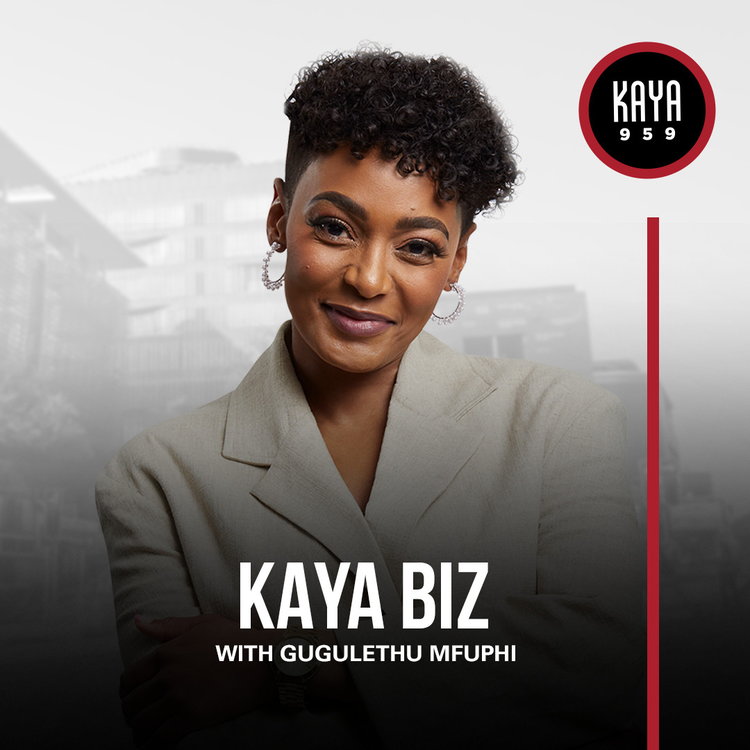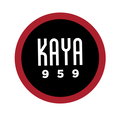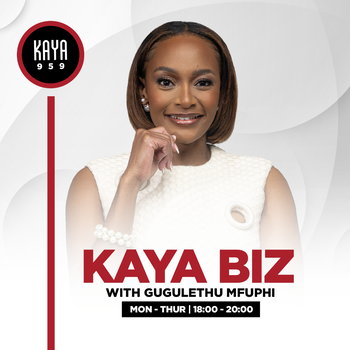
Only a Third Of SA Adults Have Matric: Here's How We Can Change This.
Loading player...
Phemelo Segoe - Marketing Manager at Optimi Workplace talks about The matric pass rate says a lot about the health of South Africa’s education system. As an indication of the learners who successfully pass Grade 12, it offers insight into whether primary and secondary institutions are serving the needs of their learners, and provides an indication of the number of new graduates who may apply for tertiary studies or enter the job market. This figure doesn’t tell the full story, however.
On 20 January, the Department of Basic Education will announce the results of the matric class of 2022. Whether these figures point to a recovery in the wake of the pandemic remains to be seen. Between 2019 and 2020, the pass rate fell by over 5% to 76.2%, and its gains in 2021, by a mere 0.2% percentage points, were so small as to be virtually insignificant.
What’s more, researchers feel that the pass rate alone doesn’t reflect the full status of education in South Africa. The “true matric pass rate”, they argue, has to consider the dropout rate. How many learners who started in Grade 1 failed to matriculate 12 years later? The Department of Basic Education puts the dropout rate at between 42 and 56%. The Zero Dropout Campaign puts it closer to 63%, estimating that only 37% of Grade 1 learners ultimately pass Grade 12.
In 2020, the Department of Higher Education and Training calculated that less than a third of South African adults, some 32.5%, had a matric certificate or its equivalent.
With a matric still serving as the most important qualification for job seekers, these numbers paint an alarming picture. They point to the many millions of South Africans who cannot find employment — the country continues to have one of the highest unemployment rates in the world — and who cannot break intergenerational cycles of poverty.
How can we overcome this? How can we support not only the learners who don’t pass in 2022, but also those who didn’t pass in 2021, in 2020, and the many years that came before?
The answer to this question isn’t an easy one. Pointing fingers in any one direction is reductive and counterproductive. In a country like South Africa, which is beset by many complex socio-economic and political issues, it’s best to view responsibility for addressing these problems as shared. Government has its role to play, yes, but so too does civil society and the private sector.
If we look to business, it’s clear that there are a variety of advantages available for companies that make the effort to support new and future employees who don’t have a matric. One of the most obvious of these relates to the B-BBEE Scorecard.
Businesses that offer skills development programmes for low skilled employees and unemployed community members stand to earn up to 25 points towards their B-BBEE Scorecard. Companies with more than R50 million turnover need to spend 6% of their payroll on skills development to qualify.
On 20 January, the Department of Basic Education will announce the results of the matric class of 2022. Whether these figures point to a recovery in the wake of the pandemic remains to be seen. Between 2019 and 2020, the pass rate fell by over 5% to 76.2%, and its gains in 2021, by a mere 0.2% percentage points, were so small as to be virtually insignificant.
What’s more, researchers feel that the pass rate alone doesn’t reflect the full status of education in South Africa. The “true matric pass rate”, they argue, has to consider the dropout rate. How many learners who started in Grade 1 failed to matriculate 12 years later? The Department of Basic Education puts the dropout rate at between 42 and 56%. The Zero Dropout Campaign puts it closer to 63%, estimating that only 37% of Grade 1 learners ultimately pass Grade 12.
In 2020, the Department of Higher Education and Training calculated that less than a third of South African adults, some 32.5%, had a matric certificate or its equivalent.
With a matric still serving as the most important qualification for job seekers, these numbers paint an alarming picture. They point to the many millions of South Africans who cannot find employment — the country continues to have one of the highest unemployment rates in the world — and who cannot break intergenerational cycles of poverty.
How can we overcome this? How can we support not only the learners who don’t pass in 2022, but also those who didn’t pass in 2021, in 2020, and the many years that came before?
The answer to this question isn’t an easy one. Pointing fingers in any one direction is reductive and counterproductive. In a country like South Africa, which is beset by many complex socio-economic and political issues, it’s best to view responsibility for addressing these problems as shared. Government has its role to play, yes, but so too does civil society and the private sector.
If we look to business, it’s clear that there are a variety of advantages available for companies that make the effort to support new and future employees who don’t have a matric. One of the most obvious of these relates to the B-BBEE Scorecard.
Businesses that offer skills development programmes for low skilled employees and unemployed community members stand to earn up to 25 points towards their B-BBEE Scorecard. Companies with more than R50 million turnover need to spend 6% of their payroll on skills development to qualify.

